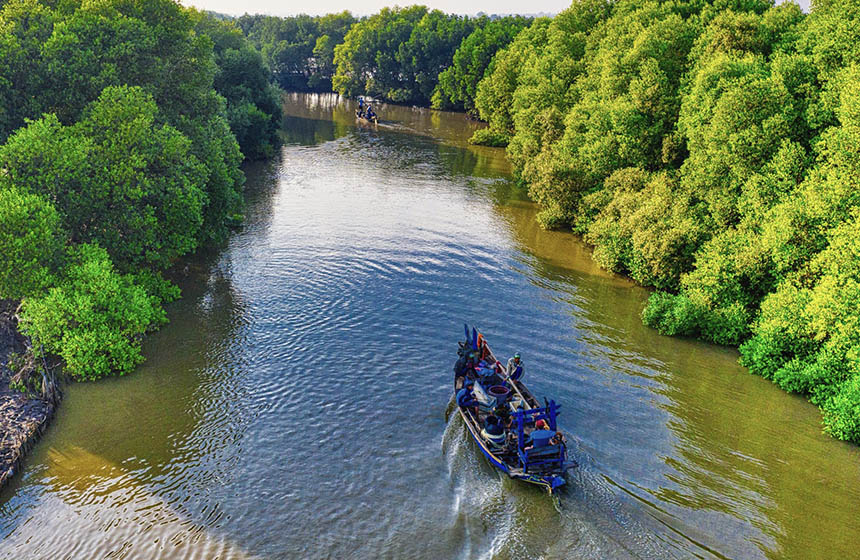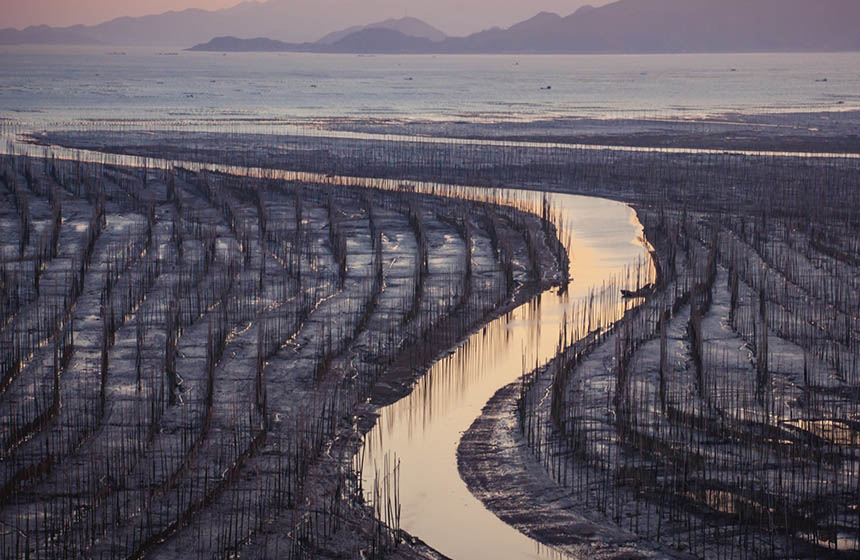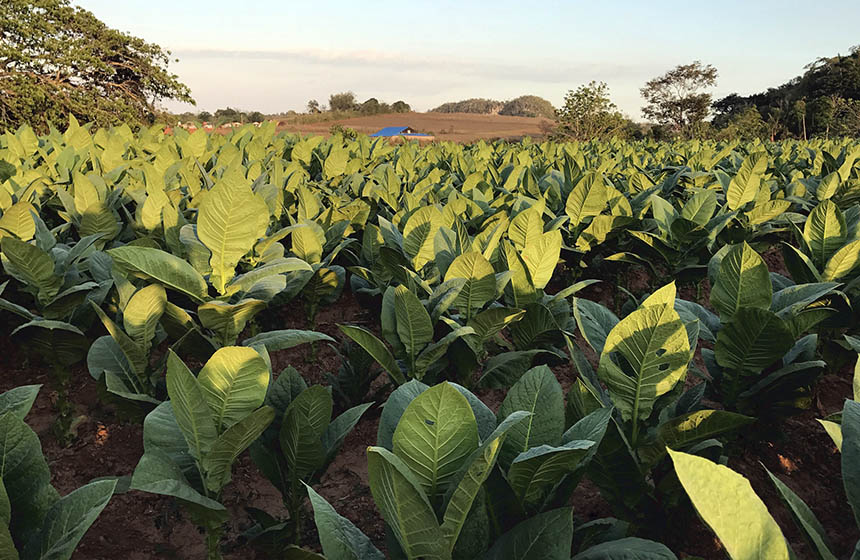Silvo-aquaculture in the Mekong Delta
Communities along the Mekong Delta coast are coming together to create and experiment with new silvo-aquaculture techniques to reduce the risk of fisheries collapse and diversify incomes.
Nature-based Intervention:
Fishers are partnering with the Bac Lieu Experimental Station for Aquaculture to test, implement, and share ecological aquaculture techniques. In particular, silvo-aquaculture, or the inclusion of mangroves in fisheries, is increasingly being practiced. An important element of the initiative is the establishment of Farmer Interest Groups that allow for collaborative experimentation and learning as well as economic support for investment and financial hardship recovery.
Overview of context and outcomes:
Fisheries along the Mekong Delta coast suffer from frequent calamities due to the fragility of monoculture techniques. Through these Farmer Interest Groups, silvo-aquaculture methods have been improved over time by testing various species compositions, stock densities, water management, nursing, and conservation systems.
Case effectiveness on
Climate change
Although no mitigation outcomes were reported, it is likely that avoided deforestation and better management of mangroves will contribute to the carbon sequestration potential of the area on a small scale.
According to post-intervention assessments, silvo-aquaculture ponds have been reported to display greater resilience in the face of extreme events compared to the mono-culture ponds used prior.
Ecosystem health
Ecological effect: PositiveProject activities are reported to have increase forest cover in the area likely supporting the recovery of wildlife habitats.
Socioeconomic outcomes
Farmers that implemented the various ecological farming techniques have reported diversified and more stable incomes. The reported survival rate of shrimp has increased by 45% likely boosting income and food security.
Governance
The implementation of this project is governed by the Department of Agriculture and Rural Development (DARD) and the Bac Lieu Experimental Station for Aquaculture (BLESA). Since then Farmer Interest Groups have become an important part of the governance of the project facilitating collaboration and information sharing.
Finance
This project is financed by the German Federal Ministry for the Environment, Nature Conservation, Building and Nuclear Safety.
Monitoring and evaluation
Monitoring was conducted using model trials to identify
Best Management Practices (BMP) for the local farmers.
Trade-offs and limitations
No information yet available on tradeoffs.

Intervention type
- Food production
Ecosystem type
- Aquatic production
Climate change impacts addressed
- Loss of food production
Instigators
- Community/self driven
- National government/agency
- Research institutions
Societal challenges
- Biodiversity conservation
- Climate change adaptation
- Disaster risk reduction
- Economic and Social development
- Food security
Outcomes
- Food security: Positive
- Water security: Not reported
- Health: Not reported
- Local economics: Positive
- Livelihoods/goods/basic needs: Not reported
- Energy security: Not reported
- Disaster risk reduction: Positive
- Rights/empowerment/equality: Not reported
- Conflict and security: Positive
- No. developmental outcomes reported: 5
Resources
Read resource 1Literature info
- Grey literature



